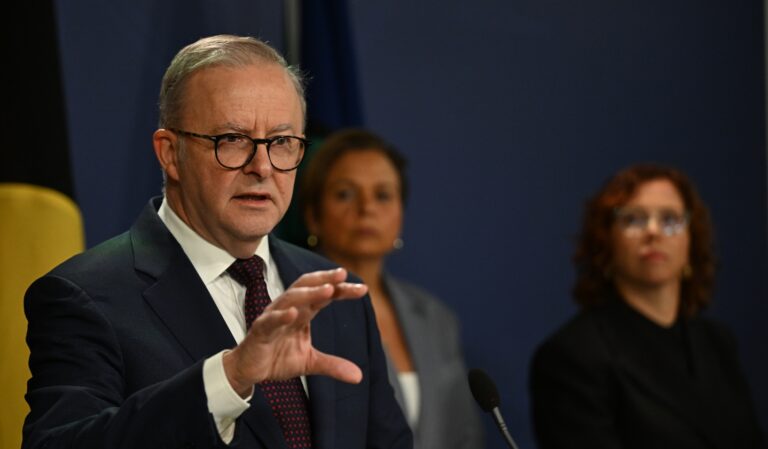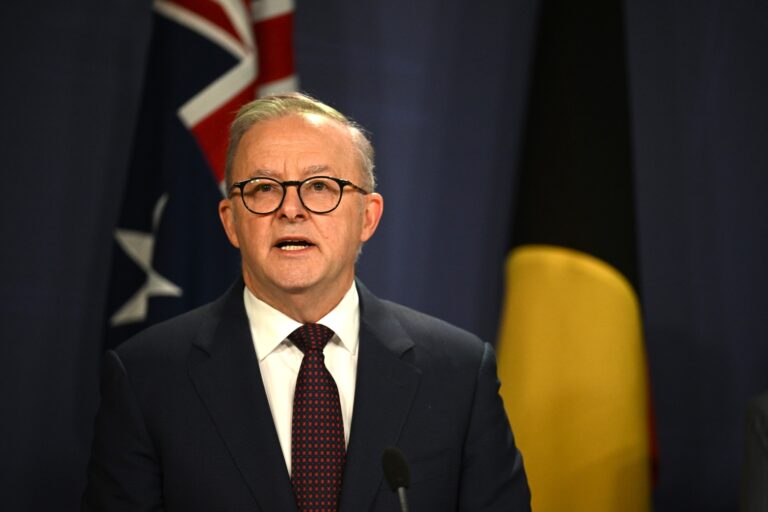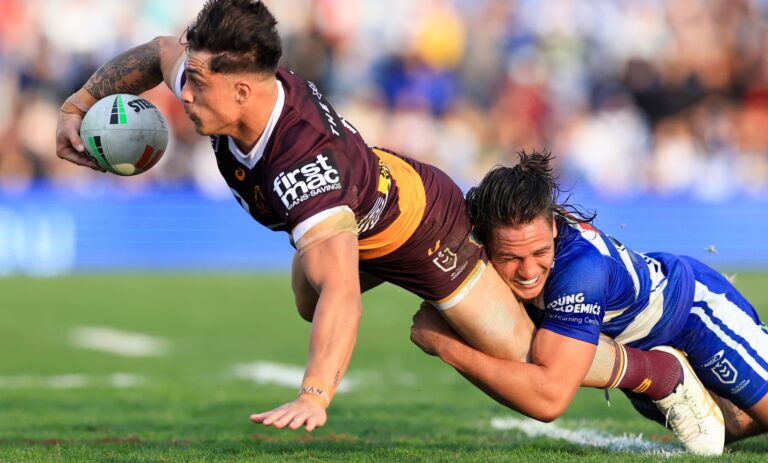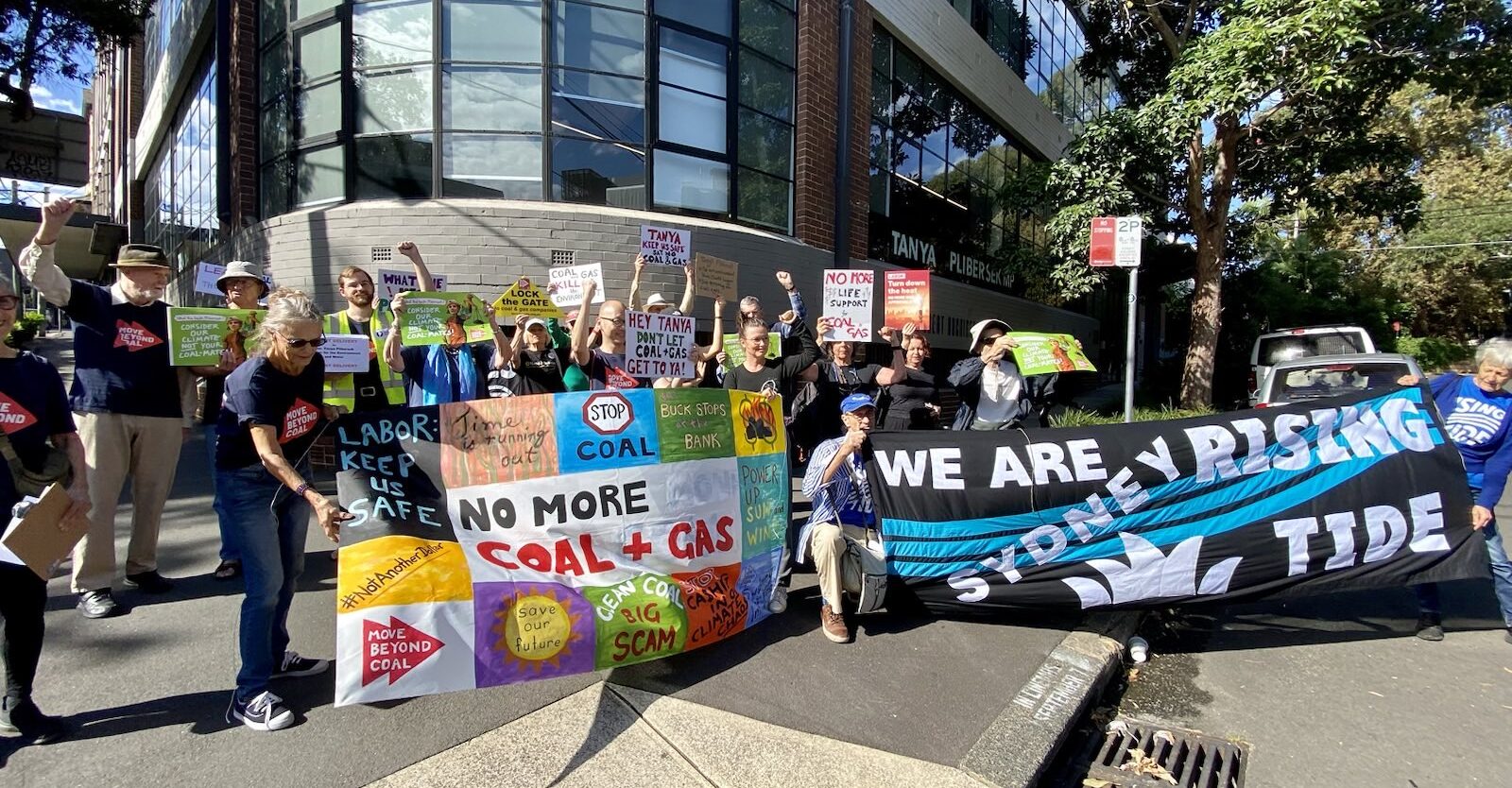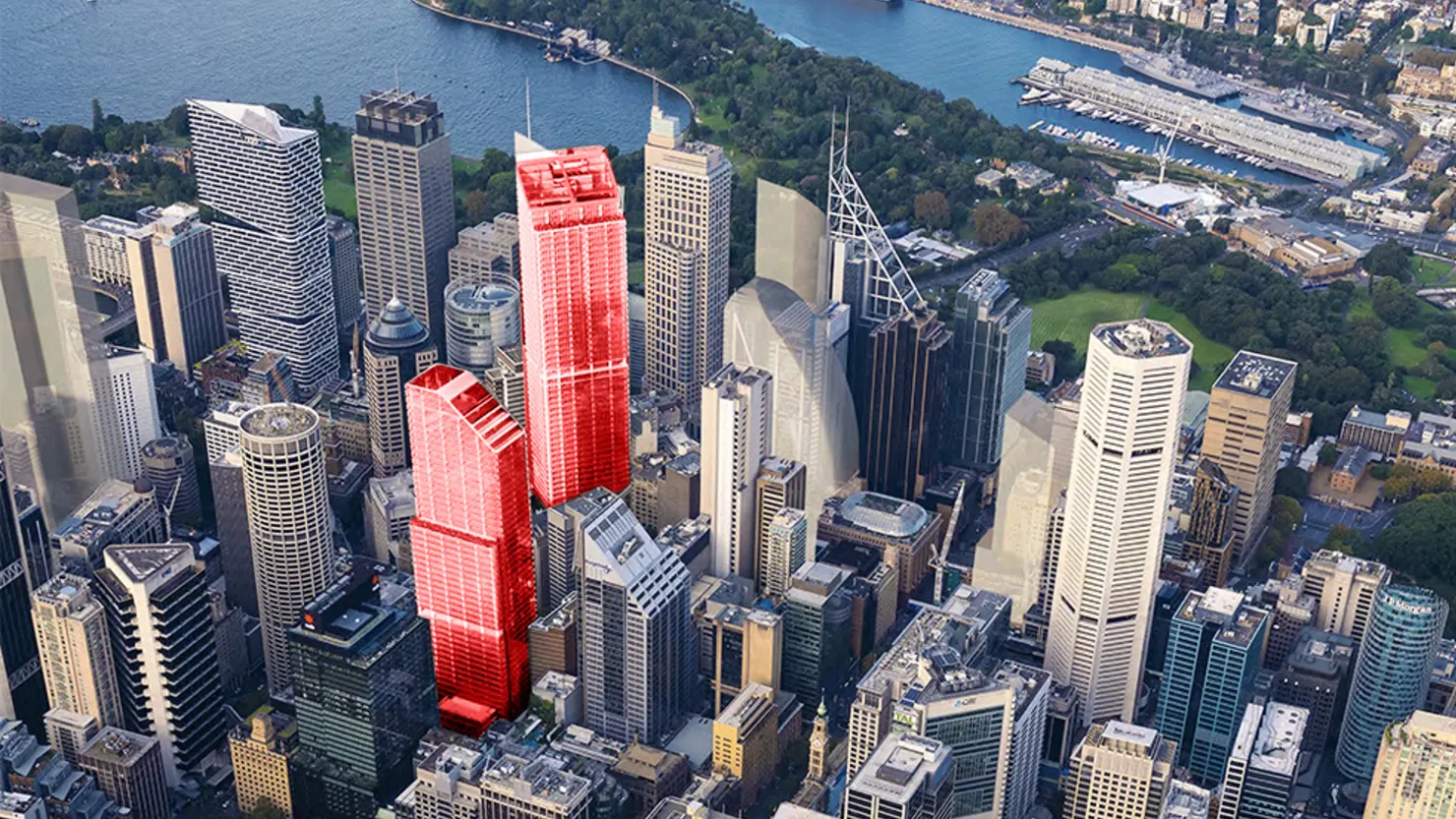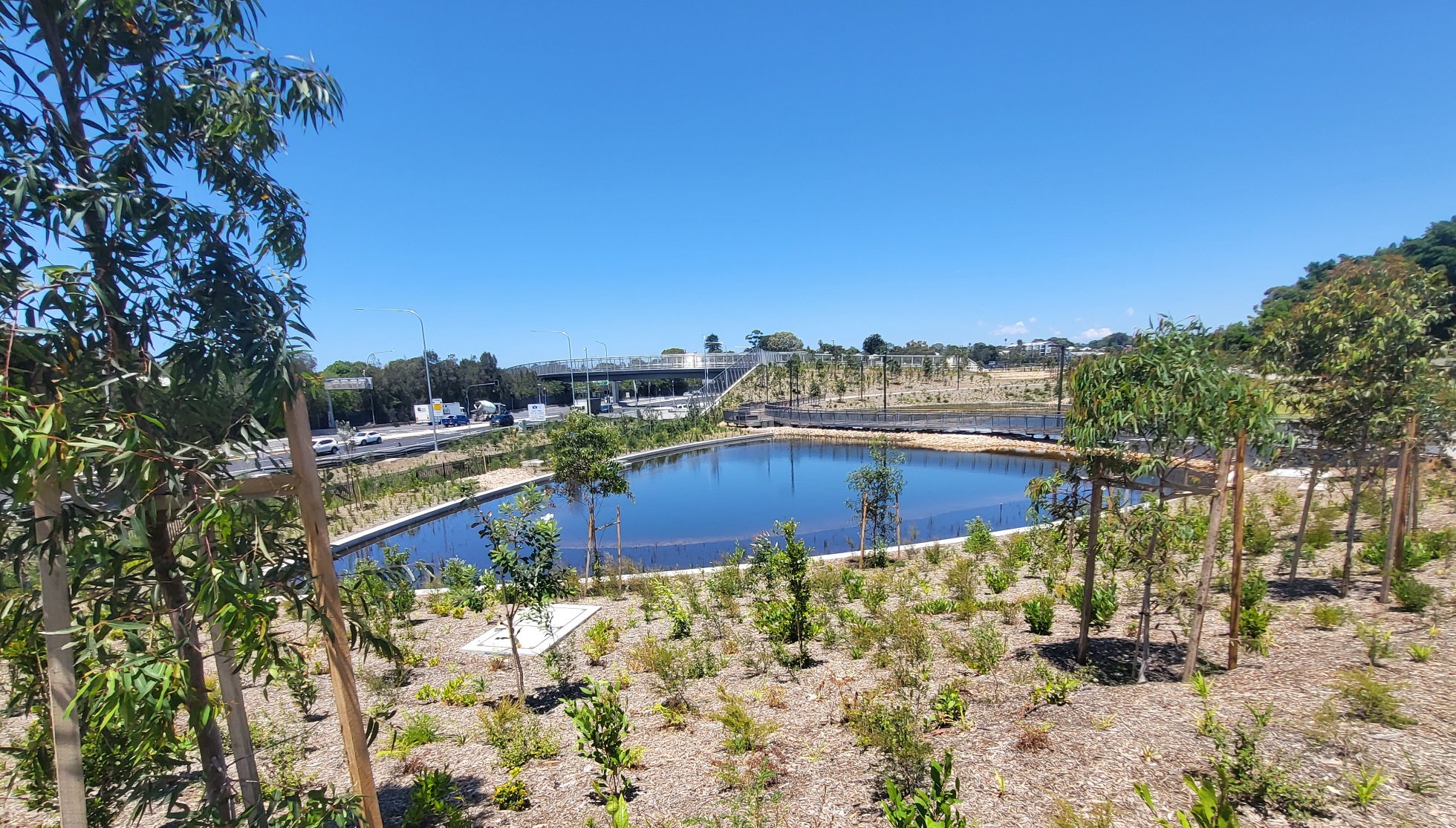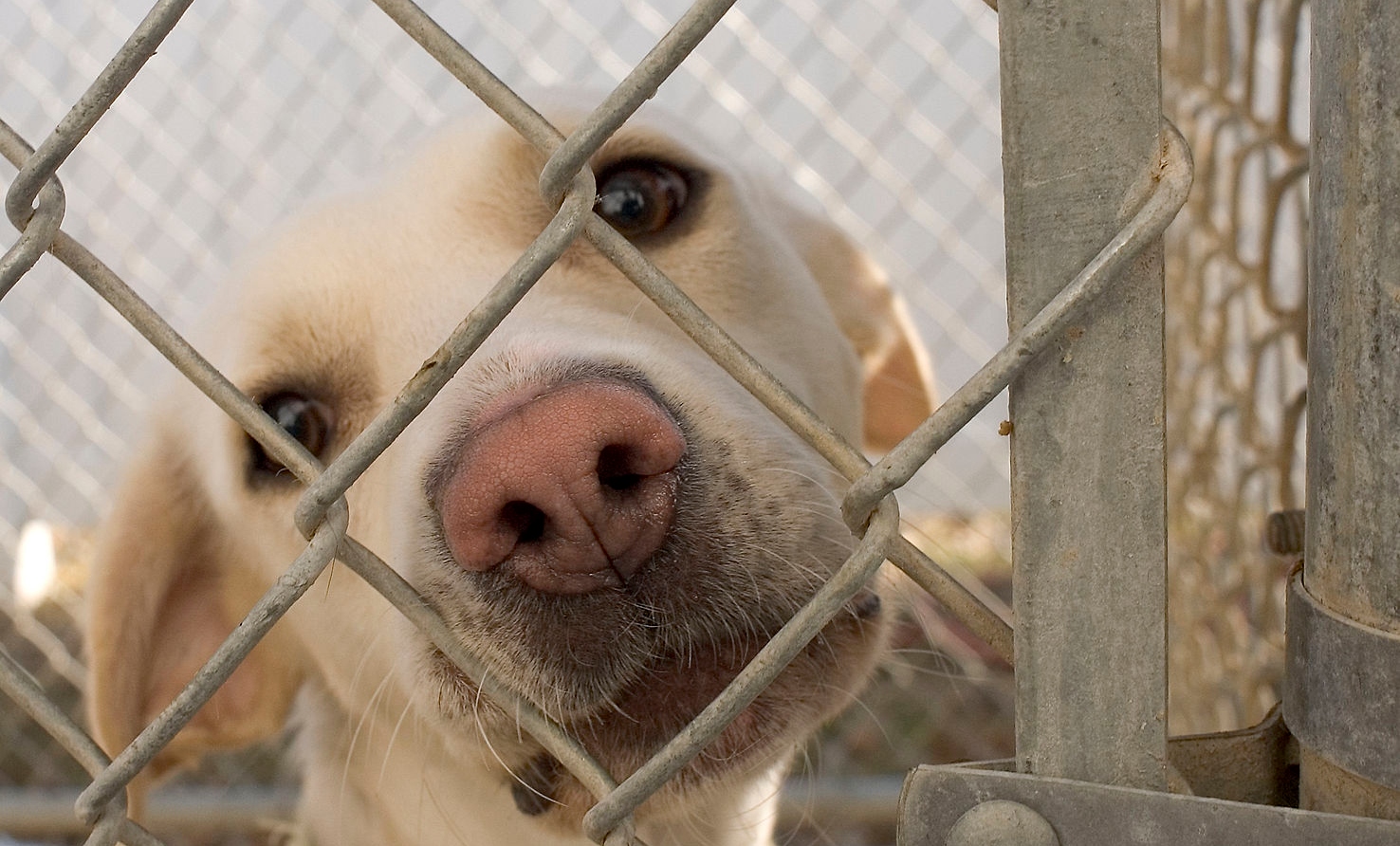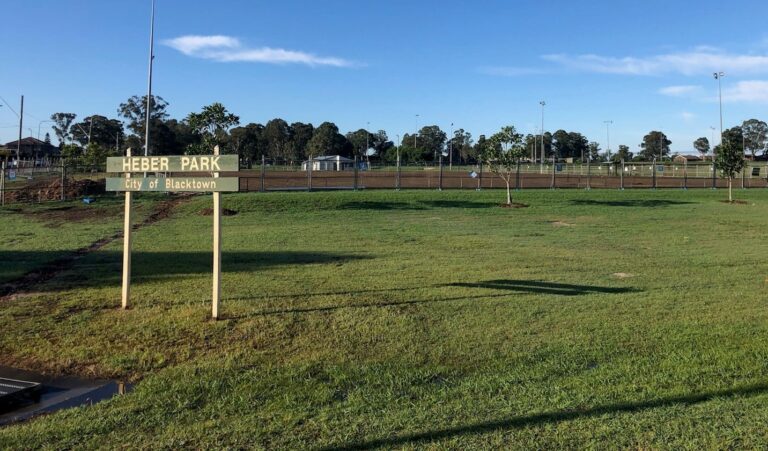
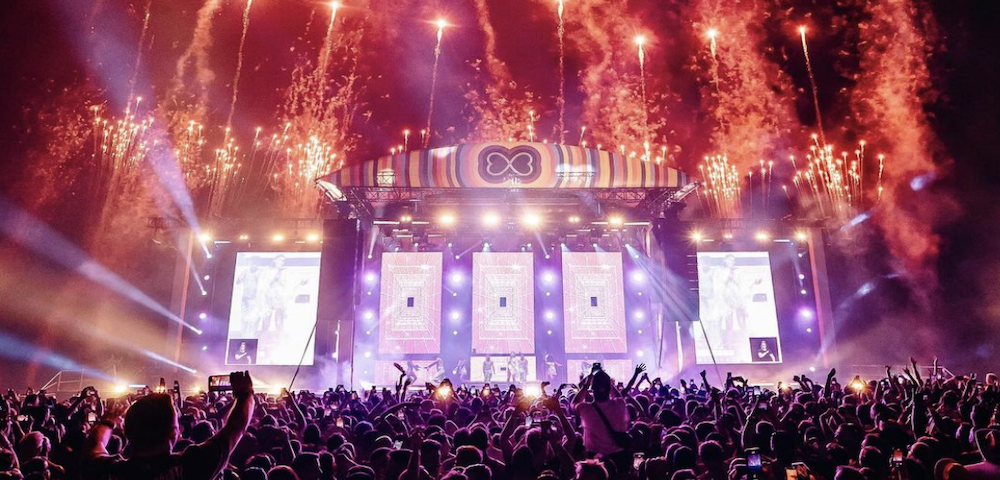
by CHLOE SARGEANT
In 2024, Mardi Gras faced some significant issues: parade attendance was down by more than 50 per cent, party tickets did not sell out and some events were cancelled completely.
Held the year after Sydney hosted World Pride, there were always going to be challenges. The last time Australia hosted a major international LGBTQI event – in 2002, when Sydney hosted the Gay Games – Mardi Gras went bust and the organisation had to be rescued.
Attendance
It appears that Mardi Gras 2024 saw the lowest attendance of spectators for the parade in over a decade.
The morning after the parade, Mardi Gras issued a press release claiming 250,000 people had been in attendance. But NSW Police and several news sources posited the number at 120,000, with 12,500 marching.
The parade numbers that Mardi Gras’ have reported over the last decade have run from 200,000 to 500,000. Leaving out the two years that Mardi Gras was held at the Sydney Cricket Ground during COVID (because attendance was obviously limited by stadium capacity), the remaining years average out to approximately 293,000 attendees per year.
With crowd numbers down by more than 50% parade goers had more room to stretch and there was less jostling for position, but Mardi Gras sponsors expect large hordes to turn up on the day.
While it’s reasonable to expect an attendance drop of some kind after Sydney hosted World Pride last year, the actual drop in numbers is quite remarkable – and even significantly lower than any year in the last decade.
Ticket sales
This year also saw ticket sales not sell quite as well as expected for some of the biggest events on Mardi Gras’ calendar.
In previous years, there were complaints about events being oversold and turning people away, like the debacle in 2020 where 10,000 tickets were sold to the Parade After Party, which had a capacity of 5,500.
But instead, this year there seemed to be the opposite problem – tickets simply didn’t seem to be selling.
The Bondi Beach party was advertised as being ‘15,000 people [at] the biggest party of the 2024 Festival’, but only 6000~ people ended up attending, according to Gay Sydney News.
The Sydney Morning Herald reported that ticket prices were causing controversy, particularly during a time when most Australians are experiencing a serious cost-of-living crunch.
The tickets were originally advertised at $239 (plus booking fees) each for both the Bondi event and the parade after-party at the Hordern Pavilion. In previous years, those events cost $179 and $155 respectively.
Cancellations
There were also cancellations of various events on the 2024 Mardi Gras calendar at the last minute.
A notable example is the cancellation of the Queer Futures event, which was advertised as being a variety of discussions and roundtables about how we see our community progressing in the next 50 years, with a diverse group of speakers.
Cancelled just two days before the event, the reason given was simply “unforeseen circumstances”, with refunds offered and promises to reschedule for later in the year.
But the biggest shock was the cancellation of Fair Day. The pivotal Mardi Gras community event was also cancelled with just days to go before the event, due to bonded asbestos being found in Victoria Park.
“Following a more detailed investigation into the safety concerns at Victoria Park, it has become clear to the City and Sydney Mardi Gras that an event of the scale of Fair Day is unable to proceed this Sunday”, a statement from Mardi Gras read.
The community called for it to be relocated, and other Sydney parks and venues offered their space so the beloved event could go ahead, but Mardi Gras CEO Gil Beckwith told AAP that relocating the event at the last minute was “nigh on impossible”.
“Putting on an event the size of Fair Day takes many months of planning, logistics and coordinating of stakeholders – something that is just not possible to arrange during the next 17 days,” Beckwith said in a statement.
Fair Day is a vital and community-focussed part of the Mardi Gras calendar. The stallholders at Fair Day are the lifeblood of the LGBTQI community; small businesses, community organisations, LGBTQI non-for-profit organisations and health and wellbeing services.
These stallholders suddenly had the event cancelled beneath their feet, some losing their only presence at Mardi Gras and many experiencing significant financial losses – all with just days’ notice.
Star Observer spoke to Jarrod Lomas, President of the Sydney Gay & Lesbian Business Association (SGLBA), who said the cancellation had “an incredible impact” on small business owners who were set to have stalls at Fair Day.
“LGBTQIA+ small businesses and community organisations had invested thousands of dollars on the event. From the cost of the stall to custom materials, stock, activations, giveaways and promotional items, it all adds up – not to mention the lost income from sales and donations.
“What we saw in the days after the cancellation was incredible – and there was a lot of goodwill out there for the difficult position Mardi Gras was in. […] But there are still questions that need answering. Six weeks on from the cancellation, and we still don’t have answers from Mardi Gras to these very fair, and reasonable questions.”
What does this mean for Mardi Gras long-term?
Mardi Gras is obviously the biggest LGBTQI event on Australia’s calendar, but that is not to say it is infallible.
Back in 2002, Mardi Gras reached a point of financial ruin and came very close to being cancelled.
Headlines at the time read:
“The carnival may be over for Sydney’s Gay & Lesbian Mardi Gras”
“Gay abandon — Mardi Gras on the rocks.”
In an interesting parallel to last year’s World Pride being hosted in Sydney, 2002 was also tied to an enormous and big-budget global LGBTQIA+ event being hosted in Australia – Sydney hosting the Gay Games.
The Gay Games in Sydney were a huge deal. It was the first time it had been held in the Southern Hemisphere, and more than 11,000 athletes competed.
Mardi Gras’ potential downfall was also put down general feeling amongst the community of acceptance; that all the battles have been fought and won – so therefore, we can relax.
David Mills, who was at the time a journalist with Star Observer, told the ABC the community was “caught between moments”.
“We had a couple of years there where the big battles had been fought, we thought that we were reasonably equal, and there was that sense of — what now? Do we just move out to the suburbs? Where does the fight go?”
Many will tell you there is a similar feeling floating through the community now – and this could be a contributor to the drop in numbers that we saw at Mardi Gras in 2024.
But what 2002 shows us is that Mardi Gras is not infallible – and even against all odds, we all must, as a bonded community, continue to show up so Mardi Gras can continue on for future generations.
This article was originally published in the Star Observer.
Mardi Gras did not respond to requests for comment at time of publishing.
